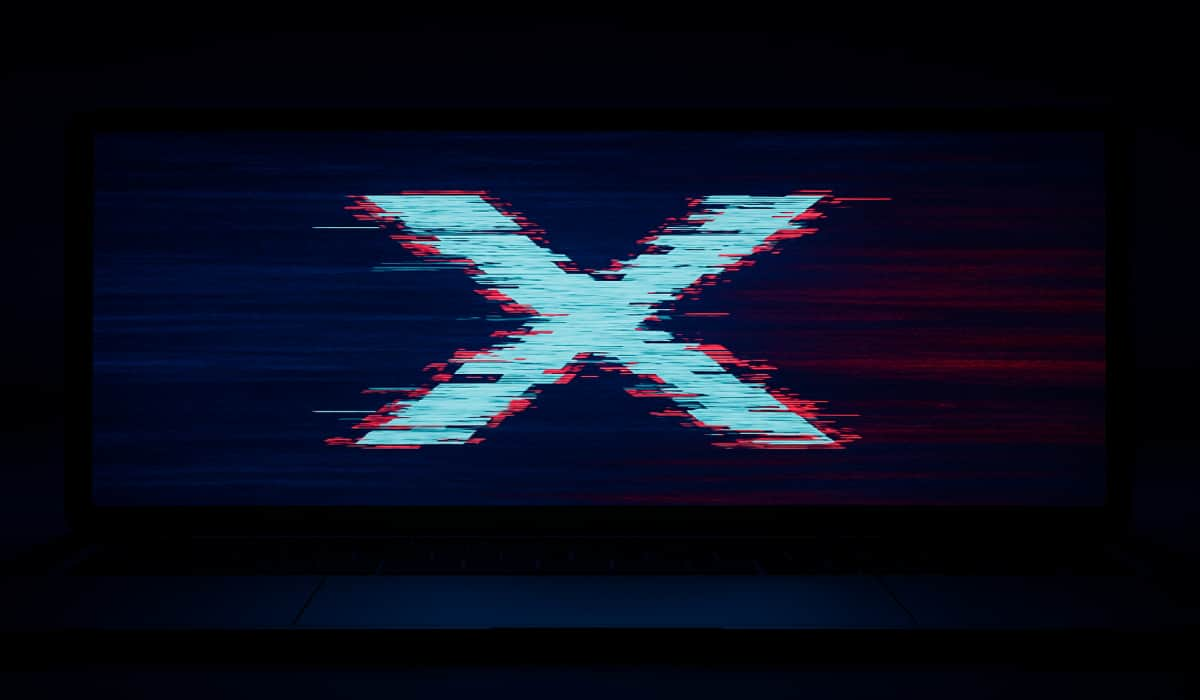BOOK THIS SPACE FOR AD
ARTICLE ADWe are pleased to announce a new partnership between Lawfare and the Stanford-MIT Healthy Elections project, designed to bring Lawfare readers an up-to-date stream of granular and detailed content related to election integrity in the midst of the coronavirus crisis.
The Stanford-MIT Healthy Elections Project aims to assist election officials and the public as the nation confronts the challenges that the coronavirus pandemic poses for election administration. Through research, tool development, and direct services to jurisdictions, the project focuses on confronting the logistical challenges faced by states as they make rapid transitions to mail balloting and the creation of safe polling places.
Normally, Lawfare does not cover election law issues—at least not unless foreign actors seek to interfere with American elections. That said, the difficulty of pulling off the 2020 election in the midst of the pandemic is a form of disaster response and resilience, which is a matter solidly within Lawfare’s purview. While Lawfare does not intend to cover election law issues as such, the site has made an editorial decision to treat the ability of American democracy to hold these elections under the current circumstances as warranting Lawfare’s sustained attention. Consequently, Lawfare will be publishing condensed versions of the student research that appears on the HealthyElections.org website.
This research, spearheaded by the students associated with the project, focuses on individual states and important topics. The Healthy Elections Project is concentrating on election problems in battleground states, liberally defined, with some analysis of other states that might hold lessons for the rest of the country. The project is also completing research on election administration during the primary elections and the lessons those hold to prepare for November. In addition, it will be releasing research on topics dealing with the election administration supply chain, mail voting, safe polling place design and similar issues. Each of these subjects and inquiries will yield a lengthy memorandum, available on the project website, and Lawfare will be publishing article-length versions of these memoranda in the Healthy Elections feed on the site.
All Americans should be concerned about the challenges the pandemic poses for election administration. The pandemic requires that the country alters how tens of millions of Americans will vote this November. For some, this will mean voting by mail. For others, it will mean voting in redesigned polling places. For everyone—voters and election administrators alike—it will require effort and education on how to conduct an election under these extraordinary conditions.
When the election-related effects of the pandemic became apparent several months ago, two of us—Persily and Stewart—wrote on Lawfare about the steps governments should take to prepare. Persily and Stewart stand by those recommendations, and are disappointed that some of them, such as generous federal funding for elections, have not come to fruition. The experience in the primaries since then, moreover, has only added to the list of concerns regarding the challenges to full and accessible participation in November. For example, research conducted by Persily and Stewart from the primaries highlighted the problem of uncounted and late mail ballots—which, if left unaddressed, could result in hundreds of thousands of ballots not being counted. A shortage of poll workers and polling places also threatens to limit accessible voting in November.
There are reasons to be hopeful, however. Local election officials are dedicated public servants who are aware of the problems and are working diligently to combat them. They need more resources—money, equipment, personal protective equipment, space and staff—to adapt their systems to the coronavirus environment. The one resource they will never have enough of, however, is time. And it is running out
Nathaniel Persily is the James B. McClatchy Professor of Law at Stanford Law School. He is the director of the Stanford Cyber Policy Center and the former research director of the Presidential Commission on Election Administration.
Charles Stewart III is the Kenan Sahin Distinguished Professor of Political Science at MIT. He is co-director of the Caltech/MIT Voting Technology Project and director of the MIT Election Data and Science Lab.
.png)


















 Bengali (Bangladesh) ·
Bengali (Bangladesh) ·  English (United States) ·
English (United States) ·